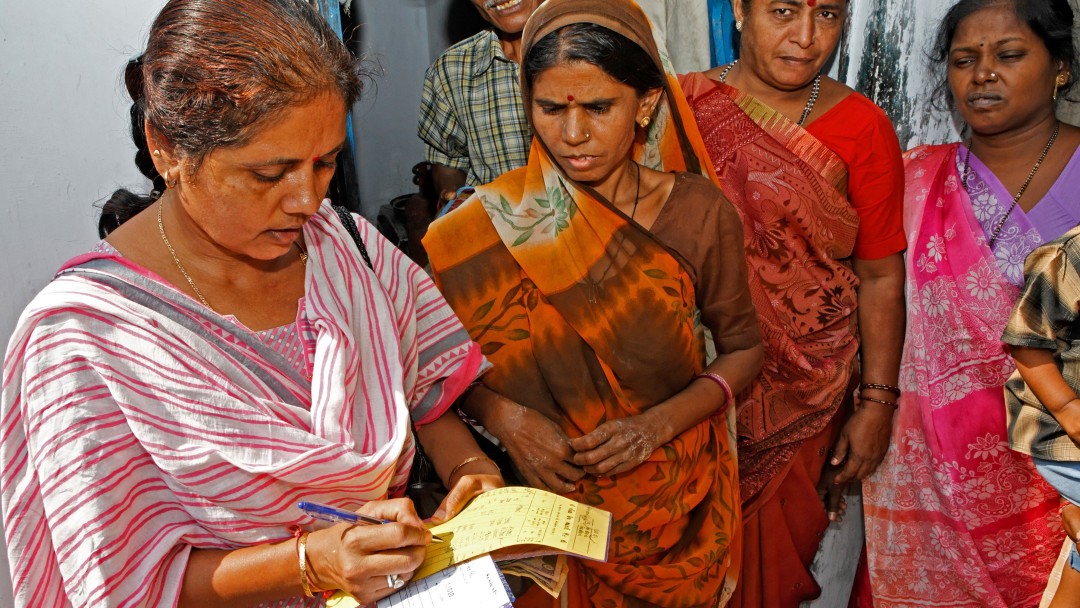News from 2017-07-12 / KfW Development Bank
Mission completed
KfW closes successful Indian fund for microfinance institutions on schedule

Ten years ago, KfW invested in Lok Capital, a microfinance fund based in India. Lok Capital is based on a concept known as impact investment funds, where investors are keen to generate a social impact as well as financial returns. In Lok Capital's case, the mission was to improve access to financial services for poorer sectors of society, thereby enabling them to make better use of their financial potential. After successfully completing its mission, the fund has now been closed in line with its initial schedule.
During its lifetime, Lok Capital helped over ten million people to take out small loans so that they could found their own business or purchase resources, for example. The microfinance institutions supported by Lok Capital were also able to firmly establish themselves on the market, making sure that the target group can continue to have access to financial services long beyond the end of the project.
KfW invested USD 2.39 million in the fund, providing a little over ten percent of the equity. Overall, international investors from nine countries contributed a fund volume of USD 22 million. Using this capital, the fund then acquired minority stakes in ten companies. It also actively participated in the management of these companies to support their development.
The term of the fund was limited to ten years. To make sure investors received their pay-outs on time, the shares in the ten microfinance institutions had to be sold early enough in advance, which the fund manager managed to do successfully. "The fund manager took a very professional and disciplined approach, always aiming to close the fund after ten years," said KfW project manager Adam Drosdzol. "He was never tempted into waiting for the value of individual shares to increase and holding onto shares for any longer than originally agreed."
In addition to the positive effects in terms of development policy, the fund also yielded good financial returns. The fact that the fund experienced not just the highs but also the lows of the microfinance movement during its lifetime made this all the more striking. In 2011, personal loan instruments fell into temporary disrepute when the market in the Indian state of Andra Pradesh overheated, leading to high debt levels among large numbers of customers. Lok Capital actively tackled these problems and worked closely with all parties involved to improve regulation of the microfinance sector.
Lok Capital's fund manager has since applied his experience to two further funds. Lok II was set up in 2010 and has accrued a total volume of USD 64 million. KfW contributed 15.5 percent to Lok II to ensure the further promotion of its impact-oriented approach.
However, the bank has refrained from investing in the Lok III fund set up recently. KfW has completed its mission. Thanks to its strong track record, Lok Capital now has access to a number of potential investors.
"KfW supported us when the majority of other investors weren't willing to do so. Without KfW, we would not have had the chance to develop the fund," recalls Venky Natarajan, the managing partner of Lok Capital. These days, microfinance has grown out of its infancy in India and KfW has helped to achieve this. Five of the microfinance institutions supported by Lok Capital now hold full banking licences and two are listed on the stock market.

Share page
To share the content of this page with your network, click on one of the icons below.
Note on data protection: When you share content, your personal data is transferred to the selected network.
Data protection
Alternatively, you can also copy the short link: https://www.kfw-entwicklungsbank.de/s/enzBWrMC.Bn6A
Copy link Link copied